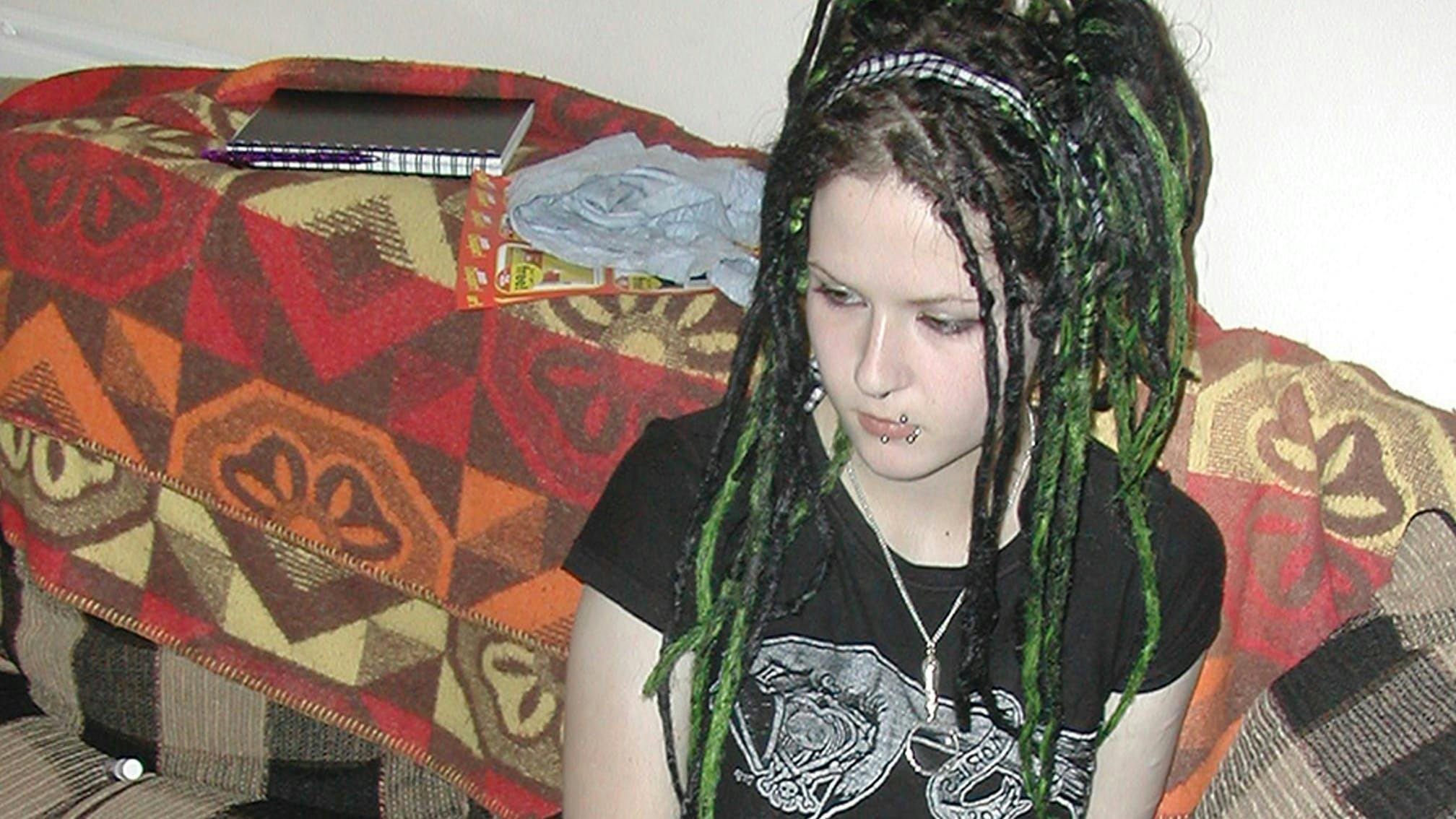Simon Hall first got involved with the Foundation when his Midlands metal band Beholder wrote a song called Never Take Us Down in the wake of Sophie’s death. The Foundation asked to use it and it was released as a charity single. Sylvia still plays it at every presentation she makes, and it’s even been aired in the European Parliament when Sylvia was a guest speaker at the first Hate Crime Symposium in Strasbourg, France.
As well as fronting Beholder, Simon is also a booking agent and stage manager for Bloodstock, and he invited the Foundation to attend in 2009, suggesting that the festival’s second stage be renamed The Sophie Lancaster Stage, which it remains to this day.
“It was all a bit haphazard but it was beautiful at the same time,” he chuckles, recalling the Foundation’s first festival foray. “They literally turn up with a pasting table and a couple of hundred wristbands and everything was blowing away in the wind. When you see all the kids bee-lining straight for the Sophie Stage, just to say hello or even vent, that’s important. It’s a great safe space for a lot of people, for people to get things off their chests.”
When Delain were invited to play Bloodstock in 2015, they were initially scheduled to play the main stage, but asked to step down to the smaller one in honour of Sophie.
“We said, ‘Listen, that’s a very good spot, but there is no way, with us performing We Are The Others. We need to play The Sophie Stage, we want to make that tribute. It would have been really strange to play somewhere else, it would have felt wrong,” explains Charlotte.
At festivals, of course, the Foundation’s people are largely preaching to the converted. It’s a case of getting out there, raising the profile and raising funds. But the work they do in communities and schools is every bit as important. It’s one thing to support the victims of hate crime, but in reaching out and attempting to make an impression on young minds, they hope to reach the potential perpetrators, too. They do this not only through the type of massively impactful presentation that we witnessed Sylvia deliver at Brooksbank School, but also through workshops, the delivery of educational resources that are designed to challenge prejudices, and by training professionals in education, youth work, the police and prison service.
With just four paid members of staff – including Sylvia and son Adam – the work they get through is phenomenal. Partnership and development manager, Kate, who has worked with Sylvia since the campaign’s inception, tells us that they are supposedly part time, but that it rarely works out that way. She estimates they make 90 to 100 presentations and appearances a year, as well as holding around 10 training days.
For all the great work they’re doing, however, hate crime figures continue to rise. In 2015/16, the most recent figures available, Home Office data showed there were 62,518 hate crimes involving the five ‘hate crime strands’. This was an increase of 19 per cent on the 52,465 incidents recorded the previous year.
As alternative subcultures are not yet a centrally monitored hate crime strand, there are no national figures available. But in 2014/15 Greater Manchester Police, the first force to begin recording alternative subculture hate crime, recorded 28 such incidents. This was a 40 per cent increase over the previous year, though the true figure is likely to be much, much higher. Anecdotally, pretty much everyone we speak to for this feature has their own story to tell, whether it involves violence, name-calling or anything in between.
So are things actually getting any better?
For a start, PC Goddard warns about getting too wrapped up in the numbers.
“All the research shows that hate crime is under-reported, so to my mind any increase is actually a good thing,” he says. “I’d hope any increase is from people having the trust and confidence to come forward and tell us. These attacks are also being picked up more in the mainstream media and online. There’s a societal outcry now that says this behaviour is outrageous, that it can’t be tolerated.”
Sylvia agrees that hate and prejudice will probably never be stamped out entirely, but refuses to feel like she’s fighting a losing battle.
“Like I said before, every single mind changed is a victory. We’re out there doing the best we can and if we change one mind a day, we’re doing our job.”
What would you like to see being done to combat this sort of hate and prejudice that currently isn’t?
“What I’d really like to see done, and I can’t understand why it isn’t, is that it needs to be on the curriculum,” Sylvia explains. “It shouldn’t be down to each individual school as to whether they’ll have us in or not. We actually did a one-off in a primary school for Year 6s [aged 10 and 11]. That was quite interesting, and we need to do more at that younger age. We found they did already have certain mindsets and prejudices, which was not what we expected.”
